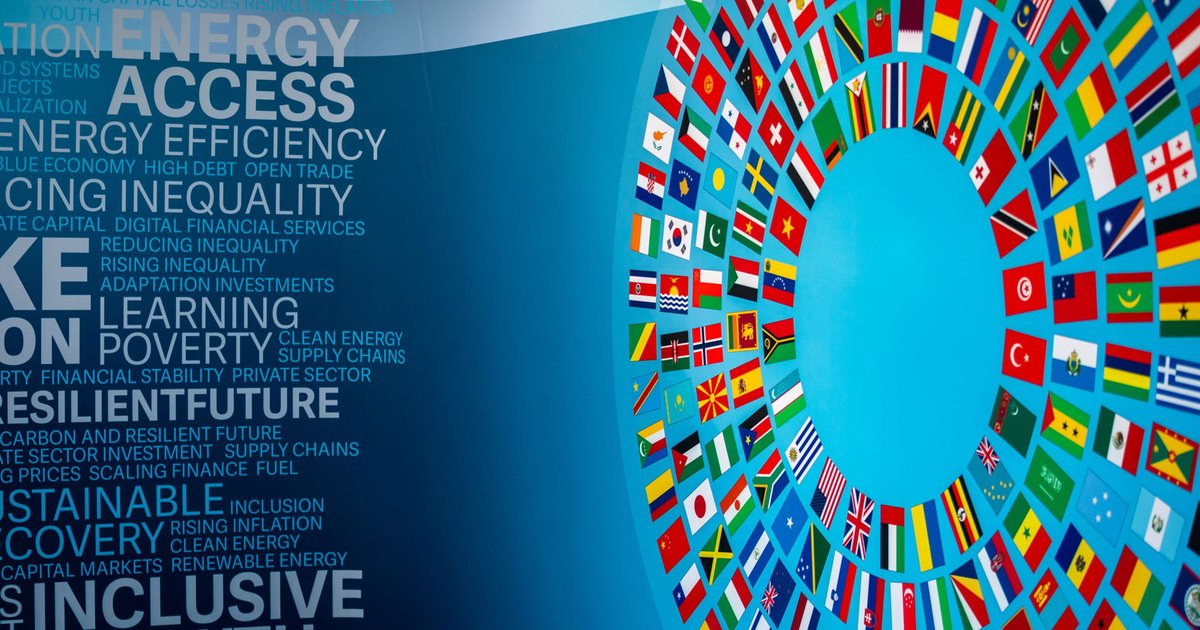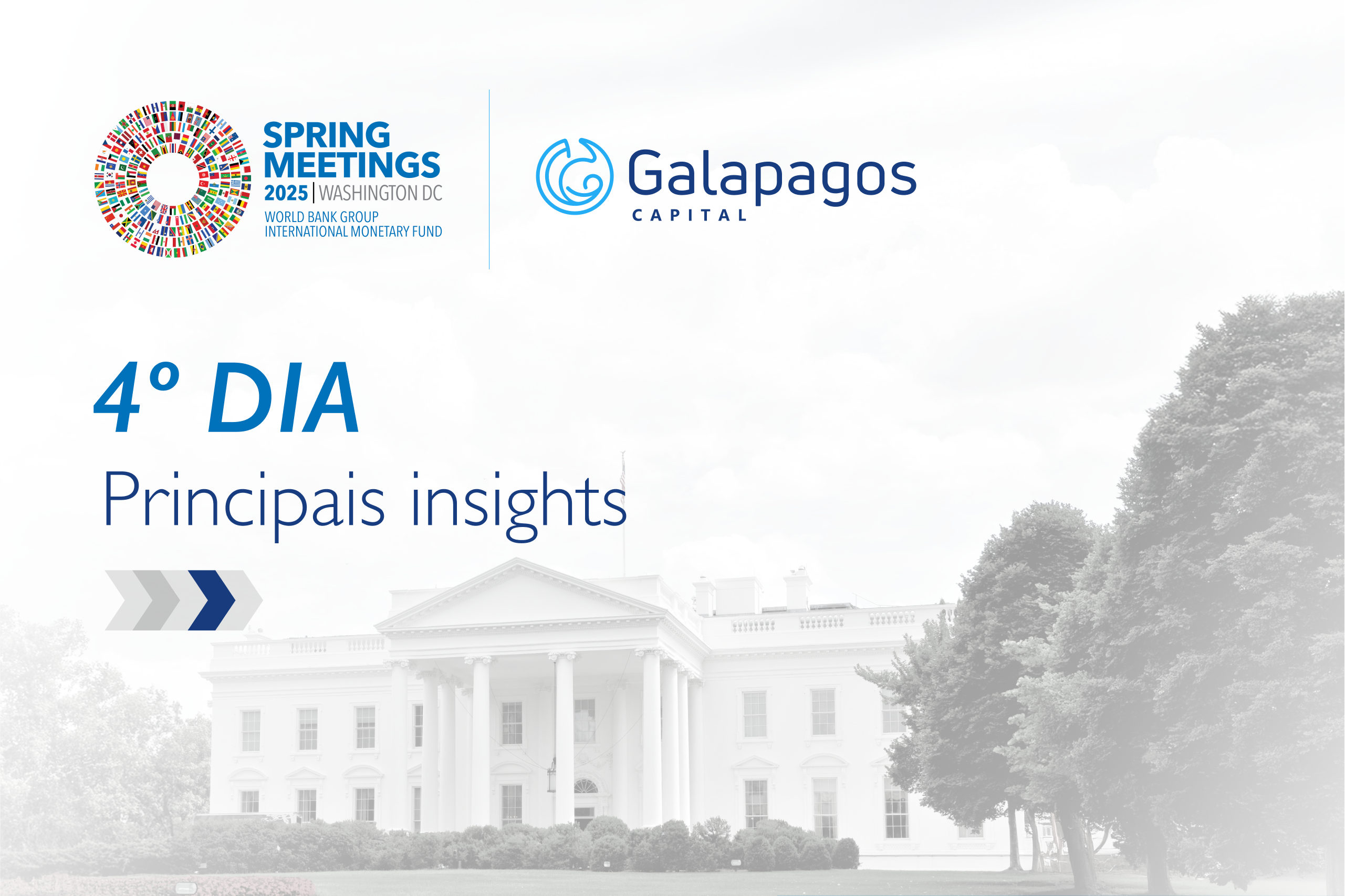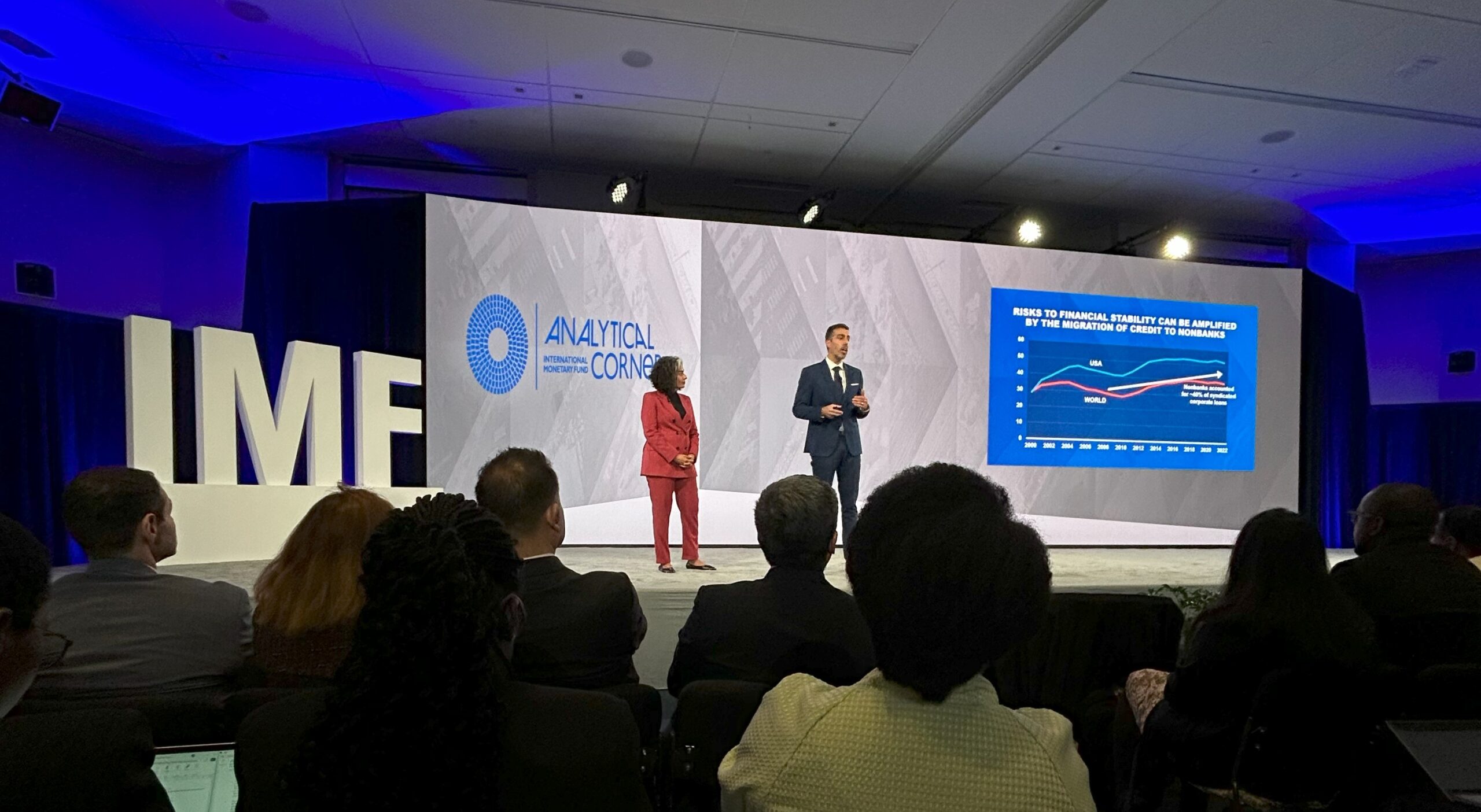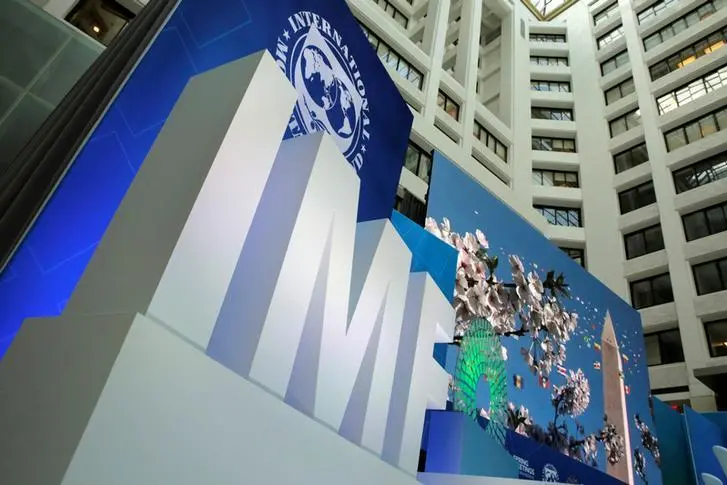The 2025 Global Financial Stability Report, released by the International Monetary Fund (IMF), provides critical insights into the main challenges and strategies for strengthening global financial resilience—particularly in emerging market economies. The central message is clear: preventing crises is more efficient and less costly than responding to them.
The Role of Prevention in Financial Stability
The Global Financial Stability panel, hosted by the IMF, emphasized that prevention must be a priority for governments, central banks, and financial institutions. The focus is on three core pillars:
- Robust regulatory frameworks
- Transparency in the financial system
- Institutional strengthening
These guidelines are especially urgent for low-income and emerging economies, which remain more exposed to external shocks.
Blended Finance: The Strategic Role of Public-Private Instruments
Another key highlight of the report is the need to consolidate a strong narrative around blended finance—a model that combines public and private capital to fund projects with social, environmental, and economic impact.
However, the IMF report also points to several headwinds facing this model in a high-interest-rate environment:
- Difficulty in mobilizing private sector participation
- Higher capital costs, reducing project attractiveness
- Limited credit access for small enterprises in developing economies
Nevertheless, blended finance remains a strategic instrument to bridge funding gaps in vulnerable regions and accelerate sustainable financing.
Risks in the Non-Bank Financial Sector
The IMF also identified the expansion of credit through unregulated channels as the most significant current threat to financial stability. The warning centers on the growth of the shadow banking system, which operates outside traditional supervisory frameworks.
Key IMF recommendations include:
- Expanding the regulatory perimeter to allow for early risk identification and reduce the need for public interventions during periods of stress
- Strengthening contractual frameworks as alternatives to formal insolvency, without neglecting investments in specialized and efficient judicial systems
As noted by Tobias Adrian, Director of the IMF’s Monetary and Capital Markets Department, “Contractual solutions are useful, but they do not replace institutional strengthening.”
Toward Fiscal Sustainability
The ultimate objective, according to the report, is to ensure that markets themselves can allocate risks and costs efficiently, without shifting the burden to the public sector. This approach supports public finance sustainability and reduces the likelihood of future fiscal bailouts.
The Global Financial Stability Report 2025 reinforces that international economic resilience depends on coordinated action, proactive regulation, and innovative financing mechanisms. In an increasingly complex global environment, these principles are essential to preserving stability and enabling sustainable growth.
Want to receive the next insights directly in your inbox? Click here (Spring Meetings) and sign up on our landing page to receive all real-time updates.
Produced by Tatiana Pinheiro, Chief Economist at Galapagos Capital.














